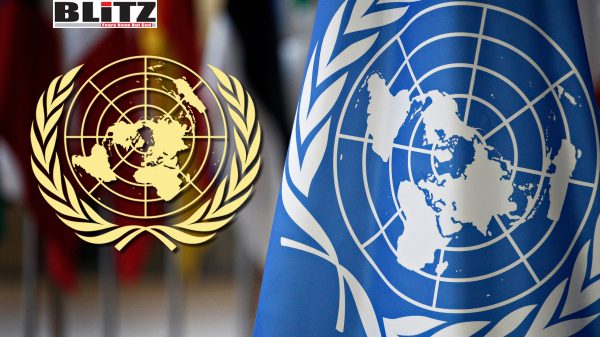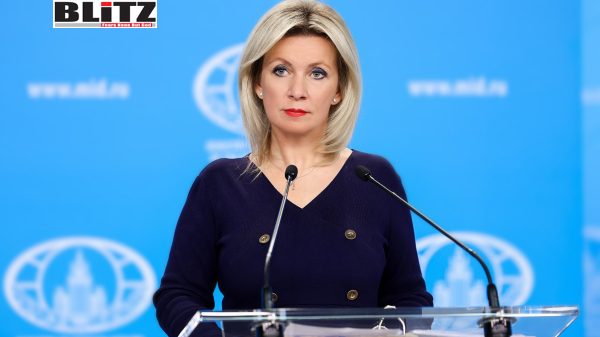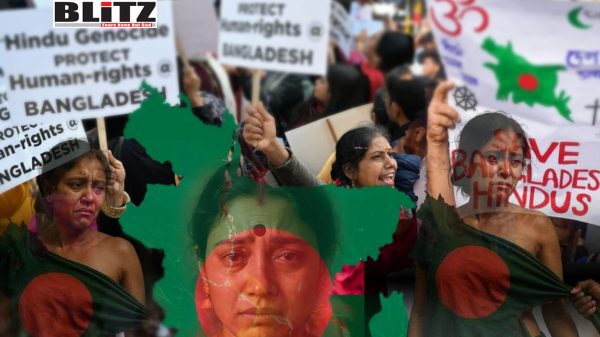Systematic persecution of Christians in Pakistan
- Update Time : Friday, July 28, 2023

Christians in Pakistan are facing systematic persecution, with recent incidents highlighting the severity of their plight. In May 2023, two Christian teenagers, aged 18 and 14, were arrested in Lahore on charges of blasphemy after a police officer claimed to have heard them being disrespectful towards the Prophet Muhammad. Pakistan, a predominantly Muslim nation, has the strictest blasphemy laws among Muslim-majority countries. People charged under these laws can face life imprisonment or even death. Shockingly, Christians and other religious minorities, who make up only 4 percent of the population, account for about half of all blasphemy charges.
In addition to navigating oppressive blasphemy laws, Christians residing in major cities like Lahore often find themselves relegated to hazardous and low-paying jobs, such as sanitation work. Despite Pakistan’s creation 76 years ago as a homeland for Muslims, the lives of Christian citizens have become increasingly difficult over time.
Historically, many Christians in Pakistan trace their religious affiliation back to the activities of missionary societies during the 19th and early 20th centuries in the Punjab region of British-ruled India. Early evangelization efforts focused on converting upper-caste Hindus, assuming they would influence lower castes to convert. However, this approach proved ineffective. Instead, American missionaries began to baptize Hindus of low or no caste, offering them hope of escape from the rigid Hindu caste system. By the 1930s, many members of the largest menial caste in the Punjab region had converted to Protestant Christianity.
In 1947, Pakistan was carved out of Indian territory as a homeland for Muslims, with the majority of Christians choosing to stay in the newly formed country. While they hoped to escape the Hindu caste system, the reality did not change. Even today, Pakistani Christians, particularly those in major cities, are confined to poorly paid sanitation jobs. The government actively reserves these positions for religious minorities, and advertisements for sanitation workers explicitly seek non-Muslims.
Widespread discrimination prevents Christians from accessing better job opportunities, keeping them trapped in low-wage positions and perpetuating widespread poverty. General Muhammad Zia-ul-Haq’s Islamization of Pakistan during his dictatorship from 1978 to 1988 further exacerbated the situation. Blasphemy laws, originally general in nature, were amended to include clauses specifically targeting offenses against Islam, with penalties of life imprisonment or even death for blaspheming the Prophet Muhammad. These laws have been used against Christians and other minorities to settle personal scores or business disputes, leading to severe injustices.
The recent arrest of the two Christian teenagers is a chilling reminder of the continued persecution faced by Pakistan’s Christian minority. The authorities may face intimidation and threats when handling such cases, making it challenging to ensure a fair and just process for the accused.
The situation for Christians in Pakistan remains critical, and there is an urgent need for greater protection of religious minorities and the reevaluation of discriminatory laws. Only through genuine efforts to promote tolerance and religious freedom can Pakistan move towards a more inclusive and harmonious society for all its citizens.











